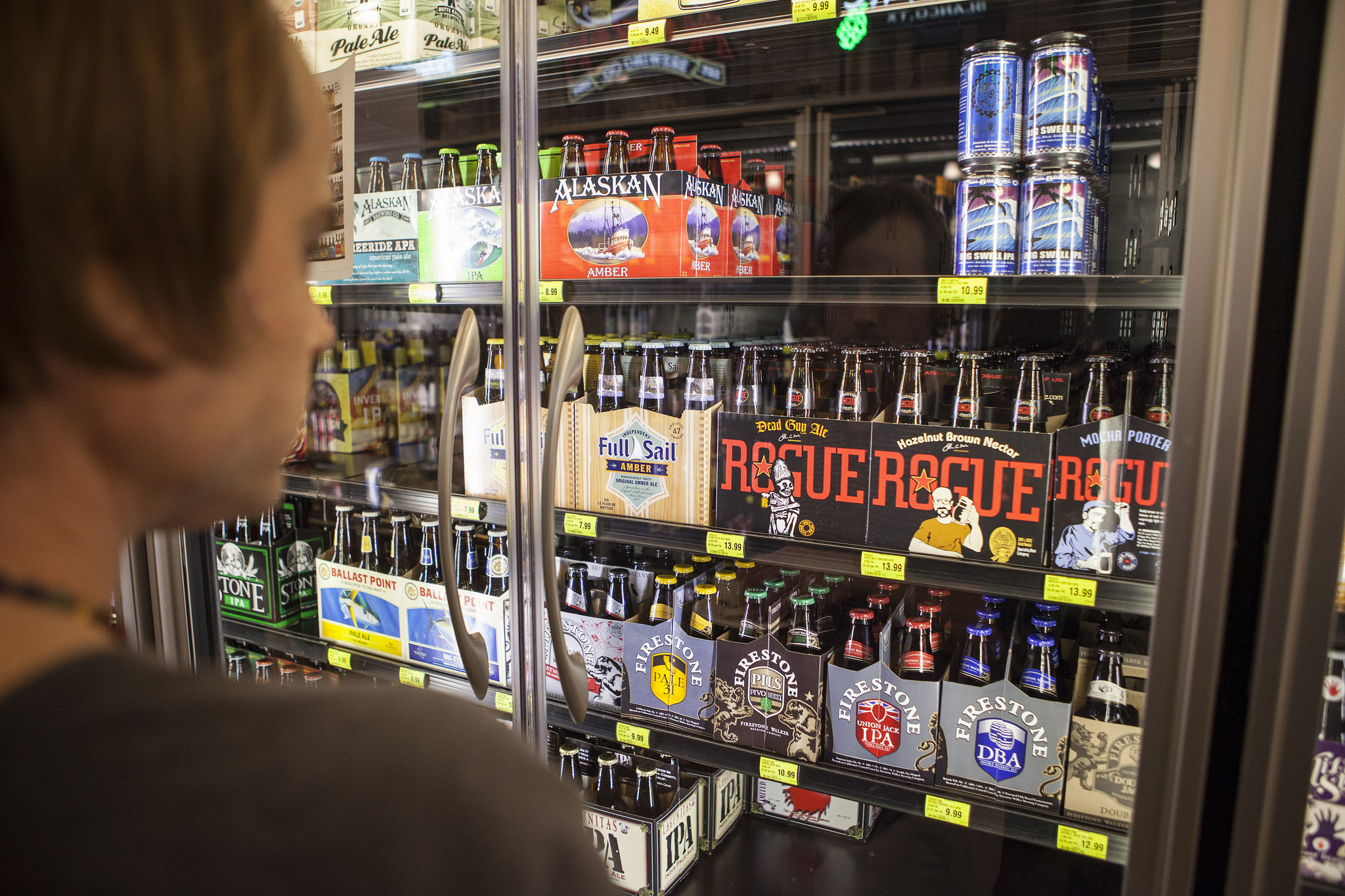Bacon, blue jeans and beer: three commodities that many Texans take for granted are at stake as Mexico, Canada and the U.S. resume talks about the future of the North American Free Trade Agreement, or NAFTA, this week.
New York Times Reporter Ana Swanson writes that the outcome of these talks may have a more serious impact on Texans’ everyday lives than many realize.
To many, bacon is the most American of breakfast foods. But the delicious meat is actually subject to many trips across the border. Even though much of the pork that contributes to the United States’ bacon supply is raised in the midwest, many Canadian farmers specialize in feeder pigs. These piglets are grown in Canada and shipped to the U.S. when they are just a few months old. Many then make the trip to the midwest where farmers feed them on cheap corn and soybeans.
“You might end up with a situation where a pig is born in Canada and shipped to the United States to be raised and slaughtered,” Swanson says. “Then it might be shipped back to Canada in the form of a pork cutlet or bacon.”
This sort of supply chain is better known in the automobile industry, but its use to bacon consumers.
“You know that your car has maybe thousands of parts that come from different location.” Swanson says. “Under NAFTA, it’s important for those manufacturers to source different kinds of products from Canada, or the United States or Mexico. It’s also relevant for something that seems fairly simply like an agricultural supply chain.”
Nothing seems more American than Wrangler jeans. But 2005 marked the last year they were stitched in the United States. The majority of Wranglers are now sewn in Mexico where the cost of labor is typically less. Still, much of the fabric, thread and buttons used by the company are sourced in the United States.
“A lot of the design and the marketing of the products create more American jobs,” Swanson says. “They actually say that more than 70 percent of the material in a Mexican made product comes from American companies.”
Even beer is affected by NAFTA. Mexican beer is popular in the United States, and brands like Tecate and Corona that are brewed in Mexico include U.S.-sourced ingredients. The U.S. exports things like hops, grains, and glass bottles to Mexico for beer production.
The success of negotiations taking place in Montreal, Canada this week could hinge on the outcome of the Mexican presidential election, later this year. Depending on the results, a deal made now could be upended in a matter of months. President Donald Trump has said he may be willing to wait until after the election, to conclude the NAFTA talks.
“I’m not sure exactly what that means for the deal,” Swanson says. “It may become a little trickier if you have a different political party all of a sudden that you have to finish the deal with.”
Written by Jeremy Steen.















